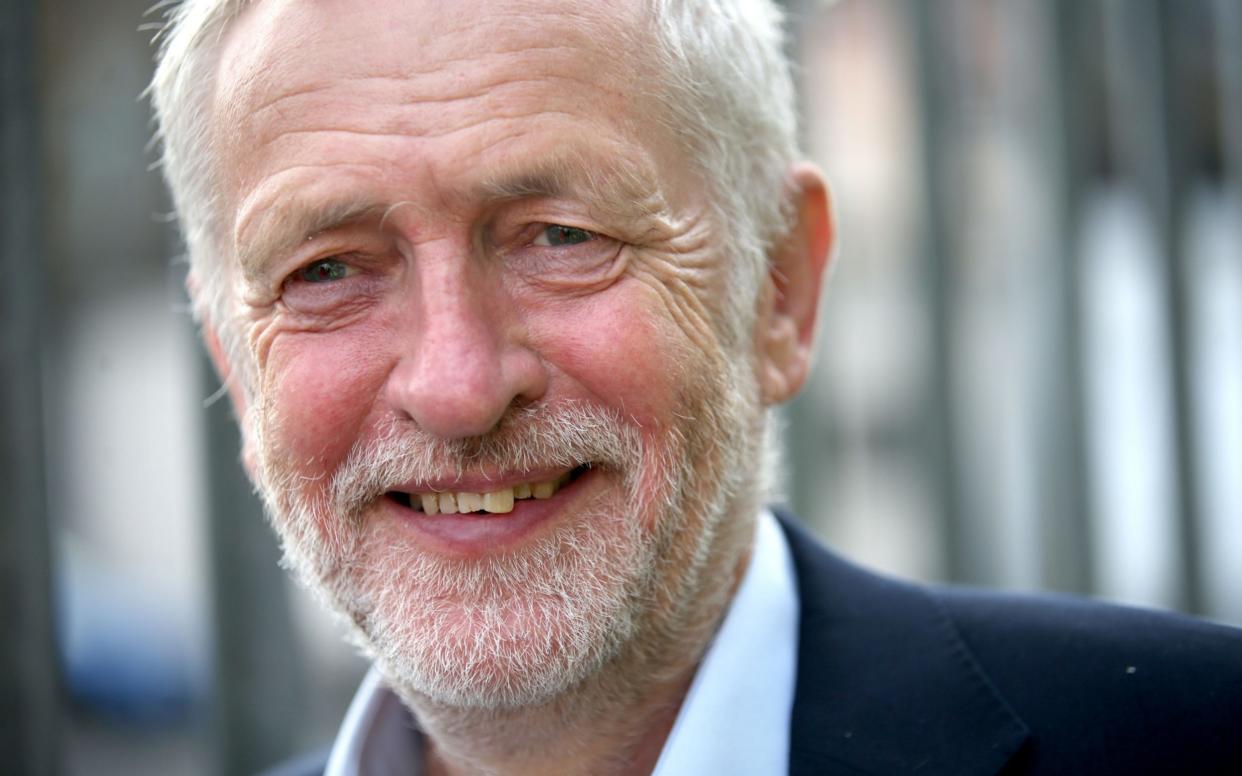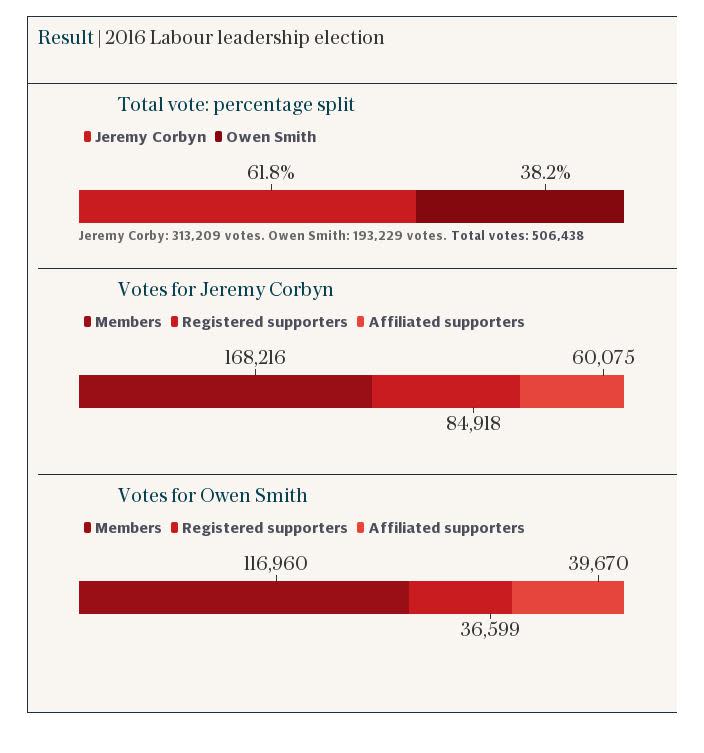MPs should play no role in deciding who can stand for Labour leadership, key ally of Jeremy Corbyn claims

Labour MPs should play no role in deciding who can run for the party leadership, a key ally of Jeremy Corbyn has claimed.
Chris Williamson, the shadow fire minister, suggested MPs who want to keep existing rules which dictate that 15 per cent of the Parliamentary Labour Party (PLP) need to back a candidate for them to stand are “frightened of democracy”.
His comments come ahead of what is expected to be a fierce battle at Labour’s annual conference in September over plans which would make it easier for a hard-left successor to Mr Corbyn to make it onto the ballot paper by reducing the support threshold to just 5 per cent.
Mr Williamson said he backed reducing the threshold but ultimately believed it should be abolished entirely.

He told The Guardian: "There shouldn't be a leadership threshold at all. That needs to change. Who are the PLP [parliamentary Labour party]?
“They are a tiny percentage of the party. If we're going to have a threshold, it should be CLPs [constituency Labour parties].
“But that's not the proposition. The proposition is to reduce the threshold. I'll settle for that. Why are people so frightened of democracy?"
The row over the mechanics of the party’s leadership elections has been rumbling on for months with Mr Corbyn’s team wanting to reduce the proportion of MPs whose support is needed to stand for the leadership.
The change is expected to be voted on at the party's conference in Brighton and Mr Corbyn's allies hope his election success will help it through.

If agreed it would clear a path for leadership candidates from Labour's more radical fringe in Parliament, virtually guaranteeing that they could always muster enough support to be included in the national ballot of members.
Mr Williamson said it was “difficult to predict” whether the move to lower the threshold will receive enough support to be agreed but added that “it's looking very, very positive”.
The change has been dubbed the "McDonnell amendment" in honour of John McDonnell, the shadow chancellor, who failed to reach the 15 per cent threshold in 2007 and 2010.

 Yahoo News
Yahoo News 
